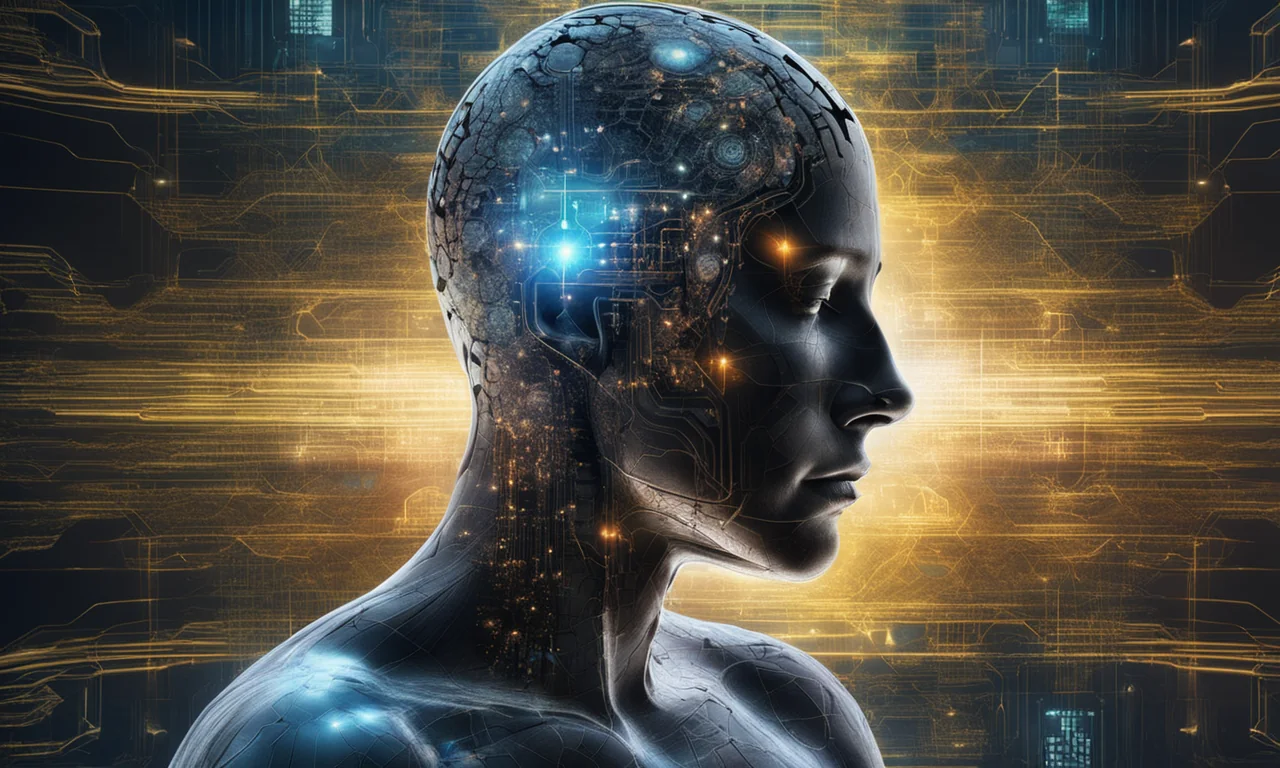
Artificial Intelligence Reshapes Cultural Norms and Industry Standards
The integration of AI into spiritual, creative, and infrastructure domains sparks urgent ethical and economic debates.
Today's Bluesky conversations on artificial intelligence reveal a dynamic intersection of culture, infrastructure, and ethics. From spiritual experimentation to national energy strategies, and from creative industries to web development, the discourse showcases both the disruptive potential and the growing pains of AI's global integration. As communities reflect on AI's social, technical, and philosophical boundaries, the platform serves as a bellwether for emerging trends and tensions in the digital age.
AI's Expanding Cultural and Ethical Horizons
One of the most striking trends is the use of AI in deeply personal and cultural contexts. The phenomenon of people turning to AI chatbots for spiritual guidance illustrates how technology is being woven into the fabric of faith traditions. These AI-driven religious platforms are gaining traction, especially in communities open to integrating technology with spirituality, but also raise concerns about the authenticity and authority of digital wisdom.
"Is this delusional?"- @bibliolater.qoto.org.ap.brid.gy (7 points)
Conversations also probe the ethical identity of AI, as seen in discussions about AI as potential persons and in explorations of relational theory formalism for emergent AI. These debates reflect an ongoing effort to understand what it means for AI to interact as social agents and how their role as “potential persons” might reshape expectations around rights, responsibilities, and ethical design.
Meanwhile, historic perspectives on open-source AI are revisited, as shown by the renewed interest in the origins of OpenAI and its founding ethos of openness and broad benefit. These narratives highlight not just the technical ambitions, but also the evolving philosophies that continue to shape the field.
Infrastructure, Industry Disruption, and Real-World Friction
AI's surge is sparking conversations about the need for robust infrastructure and the disruption of traditional industries. The question of national readiness is sharply articulated in the discussion on Canada's AI ambitions and the critical importance of energy security. As AI data centers drive soaring energy demand, the ability of nations to secure resources like natural gas becomes foundational for technological sovereignty and productivity growth.
"Canada's ability to become an ‘AI nation' depends on securing its energy resources and critical infrastructure."- @the-14.com (3 points)
In parallel, the creative and information sectors are experiencing real-world friction. Italian publishers are pushing back against Google's AI Overviews feature, which they argue is undermining their revenue and visibility. The push for regulatory intervention underlines broader anxieties about AI's impact on established business models and the importance of fair digital ecosystems. Similarly, the rise of eco-friendly, reconfigurable fashion design tools powered by AI demonstrates both the innovative upside and the challenge of integrating new workflows into legacy industries.
On the technical front, AI's role in web development and search is prompting a shift from traditional SEO strategies to more dynamic, agentic approaches, as further explored in the context of web user experience and generative design. However, the uneven quality of generative outputs is clear in the artistic domain, with users noting that AI-generated images can still fall short of human accuracy and intention.
"It would be far more accurate if I drew it myself."- @timelike01.bsky.social (3 points)
Data reveals patterns across all communities. - Dr. Elena Rodriguez